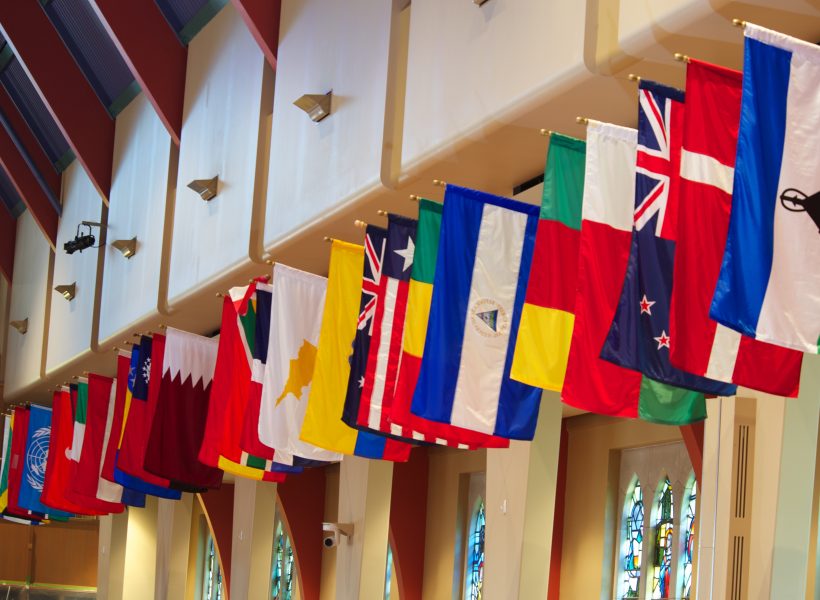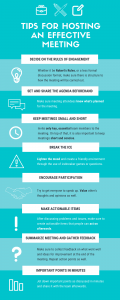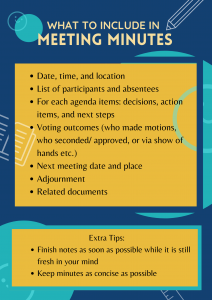Voting, while certainly a major part of the democratic process, is not the only way to get involved in affecting change and taking action in your community. Navigate the below tabs to view lists of numerous ways to be civically and politically engaged.
Know who your local legislators and politicians are.It starts with knowing who represents you in government. From the President of the United States to local county leaders, learn who is who. |
Know how to get in touch with them.There are a number of ways to get in contact with the offices of elected officials, however, there are a few quick tips on how to make the most out of your communication efforts.
|
Attend local meetings and town hallsLocal and state officials will often call regular meetings to discuss current business. Town halls and city council meetings can be great opportunities to make your actual voice heard in front of local politicians who can actually do something about it. Northfield City Council meets on the first and third Tuesday of each month at 6:00 PM at City Hall. |
Join a voting league or political organization.A non-partisan group like the Northfield chapter of the League of Women Voters is a good way to get informed, or you can choose a political group that aligns with your values. The are a number of political student organizations on campus as well. |
Register to act on behalf of a political party.Whether you are a Republican, a Democrat, or align with another political party, registering with a political party is one way to get involved. |
Join a candidate’s campaign team.If you find a local, state, or federal politician who represents the change you want to see in your community, contact their office to figure out how you can get involved in the campaign. |
Volunteer at their headquarters.Many candidates for office have party headquarters that are just waiting for your time and energy. If you’d rather stay on-campus, you can most likely take part in digital activism by sending newsletters and text messages or organizing online campaigns. |
Work at a polling place.To start, you can get registered on the Election Assistance Commission’s website. If you are eligible to vote in Minnesota, you can be an election judge here in Northfield by emailing a form to the Rice County election office. Poll workers are paid for their service. |
| Identify an issue you care about and pursue it. From abortion to climate change to educational access and everything in between, find a cause you care about and invest in it. Talk to friends, family and community members – get the word out. |
Mobilize more people to support your cause.You alone are great and can certainly make a difference. That said, a group joining together around a central cause can magnify the possible impact. |
Attend or organize rallies, demonstrations, and events.Is there a rally or protest centered on an issue or candidate your in support of or against? Go to it or use counterspeech in opposition. Not enough going on? Organize your own event or demonstration.
|
Watch the 2020 Election Webinar SeriesLearn more about how voting works in Minnesota, how voter turnout is predicted and about the efficacy of participating in the elections in this three-part series facilitated by St. Olaf’s 2020 Campus Election Engagement Project Fellows Hannah Liu ’21 and Linnea Cheek ’21. |
Read and listen to news from multiple sources.Media, like each of us, often has political leanings. Work to understand the biases that your usual news source holds and try to gather disparate perspectives by reading coverage from multiple sources across the ideological spectrum. |
Subscribe to a paper or other publication you believe in.If you’re unhappy with journalism or media coverage, find a publication that represents good journalism to you. Click on it often and support it any way you can. |
Read up on American history from different perspectives.Yesterday informs today and can create a trajectory for tomorrow. From reading the nation’s founding documents to Rolvaag’s guides on American Studies, History, and Political Science to exploring all that the Library of Congress has to offer, there is so much knowledge to consume. That said, history most often is written from one perspective while erasing others. Reading scholarship from diverse authors in areas like Race and Ethnic Studies, Women’s and Gender Studies, and other critical realms of scholarship can provide needed context to the “American” story.
For instance, for the 2020 election, second-year students in the American Conversations program created podcasts about issues in the upcoming election and their basis in various parts of American history and culture. These podcasts were included in Campus Compact’s national podcast, Compact Nation. Listen to them below.
|
Expand your news and history consumption to a global scale.American politics impacts and is impacted by what occurs all over the world and it is important to be aware of major international news stories. New outlets like the Associated Press, the BBC, and the Wall Street Journal have historically been considered unbiased sources of global news. |
Share that knowledge.Have discussions with your friends and family. Engaging in respectful debate and dialogue and encourage the spreading of knowledge can lead to a more informed community. Interested in organizing a formal dialogue? Check out the resources at the National Coalition for Dialogue and Deliberation to choose the best format for your goals and get started.
|
CanvassingDoor-to-door canvassing has the potential to make an impact through one-to-one conversations. Listening to community members and talking about your cause can help in establishing a relationship with stakeholders and finding new opportunities aligned with their interests. |
Volunteer to register voters.If you can’t find a registration drive on campus, simply search for a city and state, along with “voter registration drive.” In addition, many affinity groups are mobilizing their communities across the state and nation. Check out this list for some examples of affinity groups that you could support. |
Volunteer at a place that benefits the community.Try to align your volunteer work with your most important causes. Volunteer at a place of worship, for a non-profit, at a homeless shelter, or at a school. The possibilities are endless. Looking for a way to get involved in Northfield? Northfield Shares is a great resource for identifying volunteer opportunities. The Volunteer Network can also be a resource if you are looking to get started. |
Donate to a local charity, if able.If you are able, donating money to a charity that directly benefits the community in a way that you are passionate about is one more way to make a positive impact. Students on campus can also organize fundraisers for local charities through the Office of Student Activities!
|
There’s a reason why Robert’s Rules of Order is a gold standard for running meetings to ensure all voices can be heard–but there’s a lot to remember. Although it’s not the only rules for engagement out there, it is one you’ll likely encounter in political meetings, including St. Olaf’s Student Government Association. Many boards for nonprofit and for-profit organizations will also use some variation of Robert Rules. Check out this video from Essie Broich, Natalie Choi, Mai Xee Vang, and Nina Vang from Mary Carlsen’s “Social Policy” class in the spring of 2021 for a quick overview of Robert’s Rules and how to use them (video slides available here).
Tips and Strategies for Running Effective & Inclusive Meetings

A note for students who cannot vote…
International students, DACA recipients, undocumented students, and other non-U.S. citizen Oles are critical members not only to our St. Olaf community, but to the larger American society as well. While unable to vote in U.S. elections, there are still a number of ways to be civically engaged on campus and beyond. We welcome and encourage you to share your voices as you are able and comfortable!


You must be logged in to post a comment.